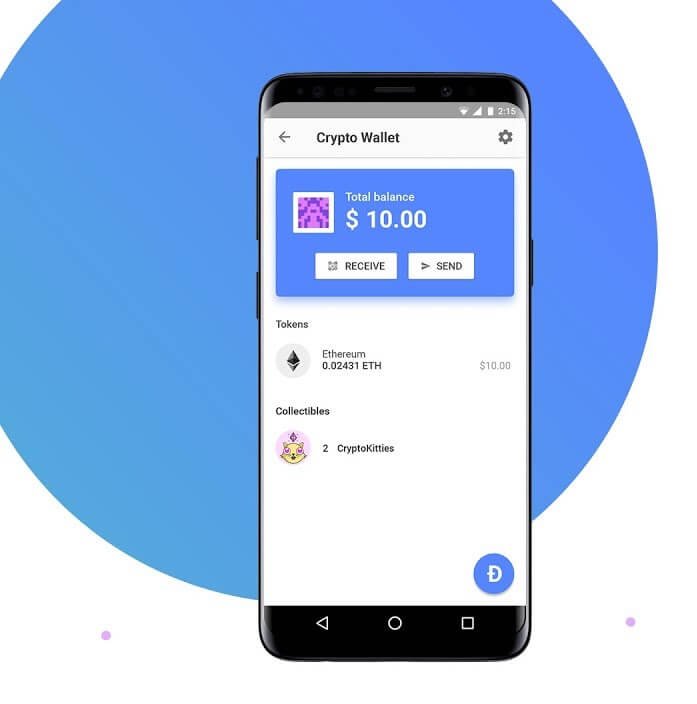

If you were anxiously waiting for a browser with built-in cryptocurrency wallet capabilities, the time has come.
Just announced a few days ago by the company, the Opera browser will initially support the Bitcoin, Ethereum and Tron cryptocurrencies.
In essence, the offering by Opera is to allow users to pay with cryptocurrencies directly from Opera’s Crypto Wallet. Opera now supports online payments with cryptocurrency where merchant support exists, as well as sending money from wallet-to-wallet and interacting with dApps.
Opera has established itself as a leading privacy proponent and Web3 advocate, with its browser incorporating a free VPN, ad blocker, integrated messenger and private mode.
The Opera team decided to add support for Ethereum, Bitcoin and TRON via wallet integration. The Opera DApps Store will further the goal of major user adoption.
Opera is the first major browser to integrate a crypto wallet, enabling crypto payments to be securely made on websites directly within the mobile browser.
Opera’s Crypto Wallet supports non-fungible tokens (NFTs) including Crypto Kitties and the desktop version of the Opera browser (Developer edition) also supports crypto assets.
In addition, since TRON has been releasing a plurality of blockchain-based games and casino games, we might see an explosion in usage, since Opera currently has about 3% of the total browser market share.
Opera’s Crypto Wallet has a high level of security and gives its users full control of their funds and keys. The Opera dev team believes it is of the upmost importance for each user to be in control of their public-private key pairs.
The wallet also uses Android’s secure system lock, making transactions on the blockchain easier additional PIN codes or passwords are not required.
Adding to the above, the team developed the crypto-wallet in a way users can seamlessly interact with Ethereum and TRON dApps and Web 3, without the need to install extensions or set up a new wallet.
As previously reported by Coin Rivet, some companies like HTC and Samsung are already making a move towards adding cryptocurrency capabilities built-in their smart-phones hardware.
As stated by some key players (see above with Joseph Lubin, founder of ConsenSys), the ultimate goal of any crypto-wallet, is to make cryptocurrencies easy to use and secure.
By adding functionality that makes the process painless, we should expect a rise in crypto-adoption.
In some countries and regions it is still hard to access Bitcoin, Ethereum or TRON. By having a crypto-wallet stored in your browser, without the need for plug-ins of sorts, the process is made simpler for users.
Lubin also highlights the importance of Web 3, as it represents a new way for human beings to interact within the digital realm. When billions of devices are interconnected (referred to the “Internet of Things”), the possibilities to trade digitally exponentially increases, especially if there are monies available to trade peer-to-peer and to setup independent, verifiable, autonomous social contracts (aka smart contracts).
When millions and billions of apps and dApps are created that enable devices to speak and to do commerce, in an independent way, it could completely shift how business operates.
Denver, Colorado, 24th February 2025, Chainwire
Denver, Colorado, 20th February 2025, Chainwire
Washington, D.C., 18th February 2025, Chainwire
Dubai, UAE, 27th January 2025, Chainwire
Those who enter the market at this time may be surprised to hear that Bitcoin…
George Town, Grand Cayman, 22nd November 2024, Chainwire